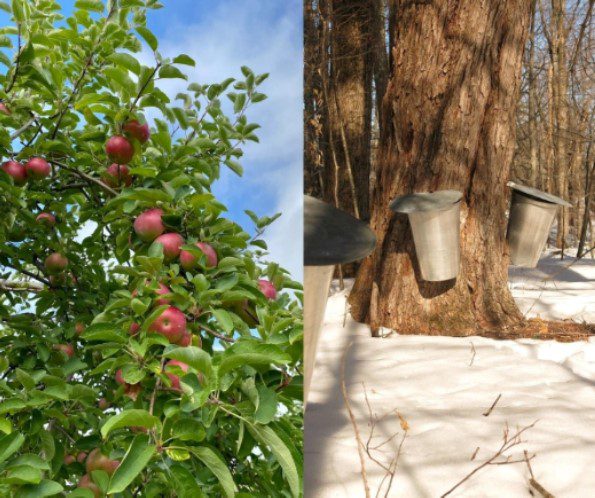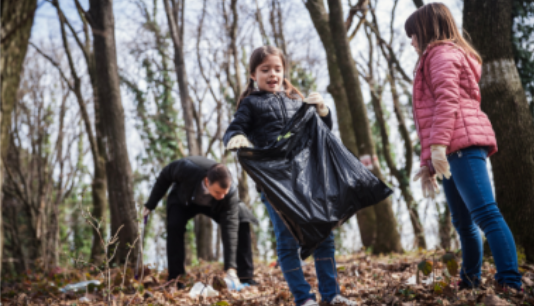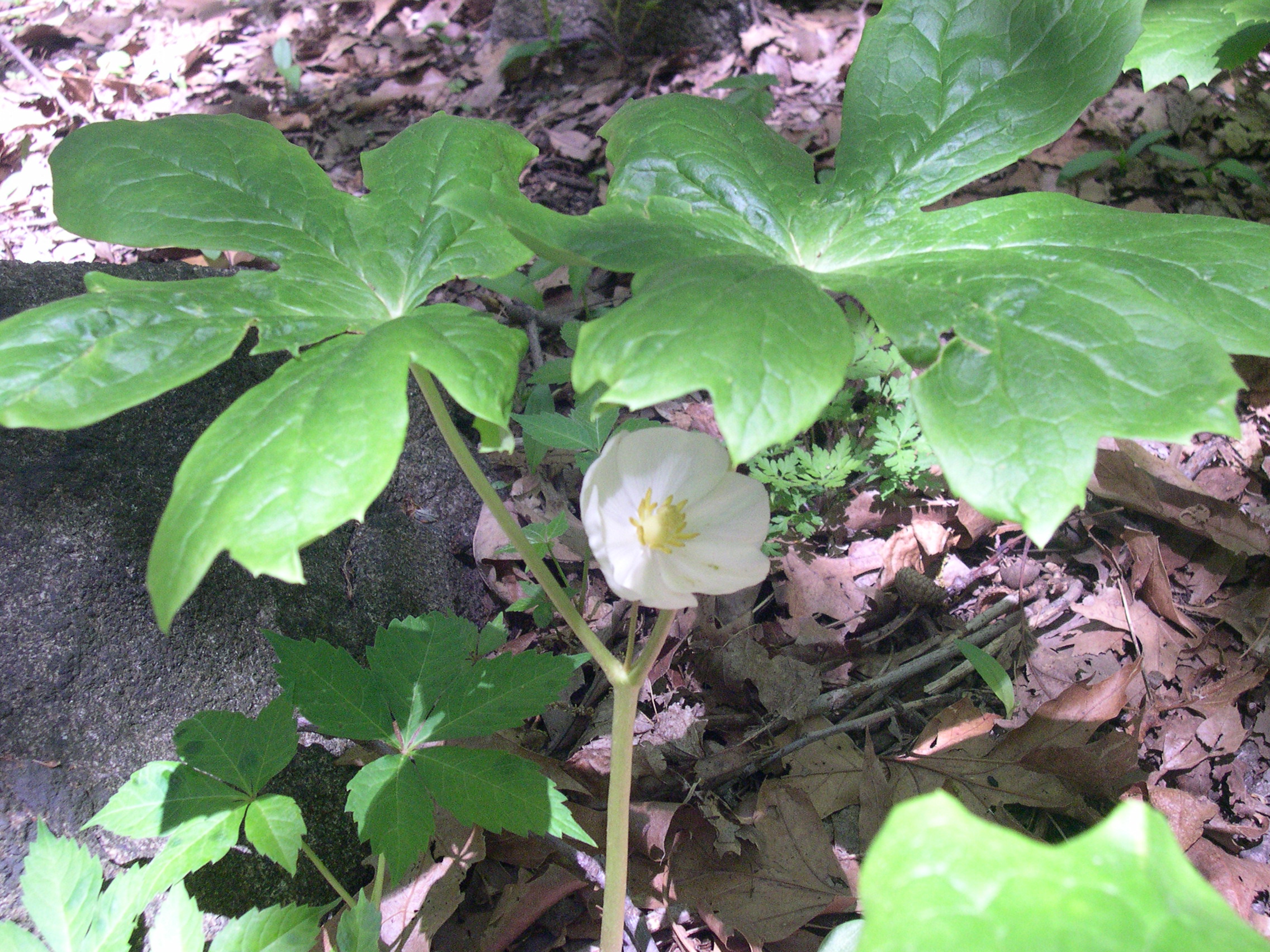
Climate Change and its Effects on Tenafly Nature Centers Most Popular Seasonal Programs
The pervasive impact of human-induced climate change extends its reach into various facets of the natural world, casting a shadow on ecosystems and traditional practices alike. For TNC, it means two cherished seasonal programs – fall apple cider making and the winter maple sugaring – face intricate challenges posed by the evolving climate.
In nearby apple orchards, the warmer winters and erratic temperature shifts induced by climate change disrupt the delicate processes crucial to the development of apple trees. Chilling hours, essential for flowering and fruiting, dwindle in the face of milder winters. This disruption threatens the relationship between pollination and blossom development, potentially leading to reduced yields and changed timing of natural events. Heirloom apple varieties, celebrated for their unique flavors, confront compromised productivity as their chilling hour requirements go unmet. In response, contemporary breeding programs embark on the ambitious task of developing cultivars resilient to the evolving climate dynamics, a global initiative engaging researchers, arborists, and gardeners in the pursuit of climate-adaptive fruits. All these factors lead to increased cost with decreased availability of apples for you and for TNC’s programs.
Shift the scene to the iconic maple trees, their trunks adorned with buckets or tubes collecting the liquid gold that is maple sap. The traditional practice of maple sugaring, a seasonal delight associated with freezing nights and thawing days, faces disruption from the increasingly unpredictable climate patterns. The delicate balance required for successful sap flow is upset by early thaws and late freezes, throwing off the rhythm of this natural symphony. Maple syrup production, a culinary delight enjoyed around breakfast tables, experiences a decline in yield and a surge in prices over the past decade due to these climate-induced challenges.
However, the resilience of maple syrup producers shines through as they embrace innovation and sustainable practices to adapt to the changing climate. Experimentation with vacuum tubing systems and reverse osmosis technologies aims to maximize sap extraction efficiency. Diversification becomes a key strategy, with some producers exploring different tree species or infusing unique flavors into their syrup offerings. This adaptability and determination within the industry reflect a commitment to keeping the maple syrup taps flowing despite the unpredictable orchestration of climate change.
The overarching theme that emerges from these challenges is the imperative of adopting sustainable practices and implementing climate-conscious policies in both apple orchards and maple syrup farms. From precision agriculture techniques in orchards to the integration of advanced technologies in syrup production, a conscientious approach is essential to mitigate the impacts of climate change on these beloved seasonal traditions.
With each blossom and every drop of syrup, these sweet treasures remind us that we must become environmental stewards, always striving to protect and preserve the harmonious rhythms of our planet.
Celebrating Earth Month: A Call to Action for Our Planet
April is celebrated as Earth Month, a time to recognize and appreciate our planet while promoting environmental ...
Managing the TNC preserve is no small task. This nearly 400-acre forest, with wetlands, streams, and Pfister’s ...









